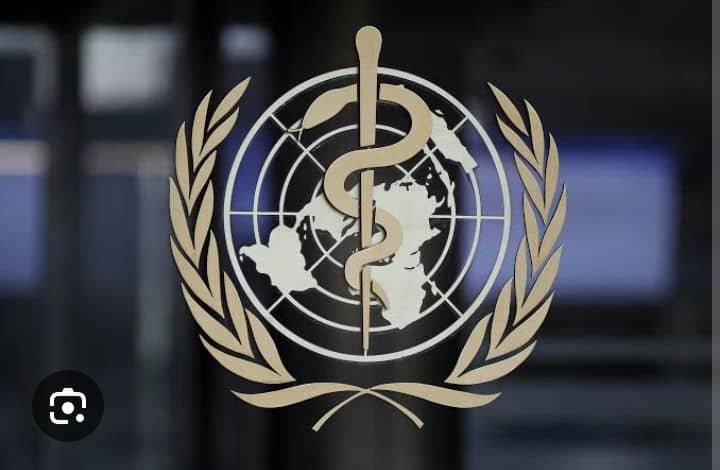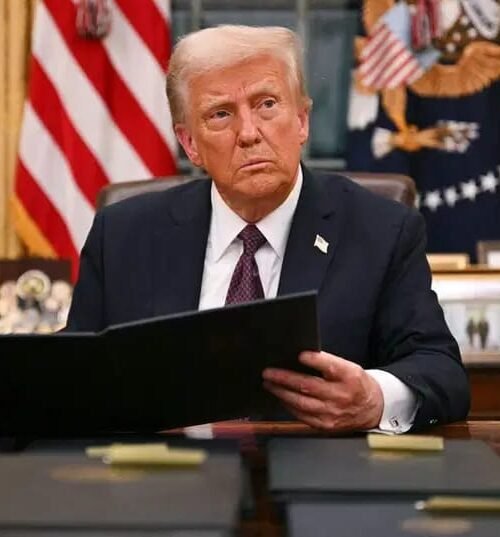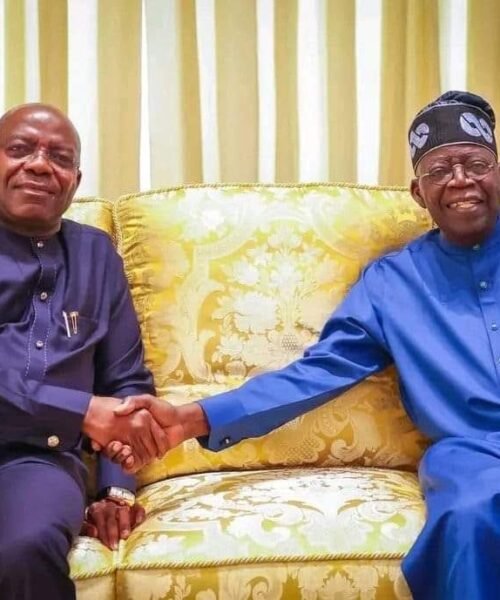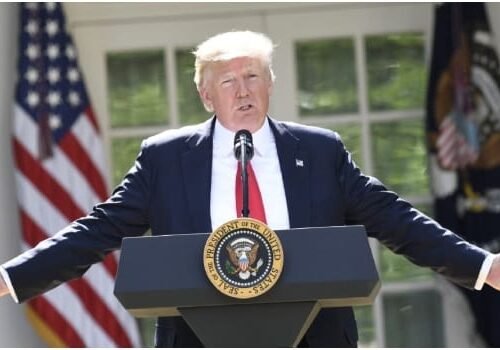The Curious Timing: Trump’s WHO Withdrawal and the Sudden Decline of the “New China Virus” Narrative

In a world where information travels faster than ever, the interplay between political decisions and media narratives can often reveal intriguing patterns. One such pattern emerged in the wake of former U.S. President Donald Trump’s announcement to withdraw from the World Health Organization (WHO). Almost immediately, the momentum behind the “New China Virus” story seemed to dissipate, leaving many to wonder about the underlying connections and implications.
The Context: COVID-19 and the “China Virus” Narrative
The COVID-19 pandemic, which began in late 2019, quickly became a global crisis, affecting millions and reshaping societies. As the virus spread, so did the narratives surrounding its origins. The term “China Virus” gained traction, particularly in certain political and media circles, often accompanied by accusations and blame directed at China for the pandemic’s outbreak.
This narrative was not just about assigning responsibility; it carried significant geopolitical weight. It fueled tensions between the U.S. and China, two global superpowers already engaged in a complex rivalry. The “China Virus” story became a tool for some to criticize China’s handling of the pandemic and to push for a more confrontational stance against the country.
Trump’s WHO Withdrawal: A Turning Point
In July 2020, President Trump announced that the United States would withdraw from the WHO, citing concerns over the organization’s handling of the pandemic and its perceived alignment with China. This decision was met with widespread criticism, both domestically and internationally, as many argued that it would undermine global efforts to combat the virus.
However, what followed was unexpected. Almost immediately after the announcement, the fervor surrounding the “New China Virus” narrative began to wane. Media coverage shifted, and the story lost its previous momentum. This sudden change raised questions about the relationship between Trump’s decision and the narrative’s decline.
Analyzing the Connection
Several factors could explain this curious timing:
- Shift in Focus: Trump’s announcement redirected attention from the “China Virus” narrative to the implications of the U.S. withdrawing from the WHO. The media and public discourse began to focus more on the potential consequences of this decision, rather than continuing to amplify the blame game against China.
- Geopolitical Calculations: The withdrawal from the WHO may have signaled a shift in the U.S. approach to international cooperation. By stepping back from a key global health organization, the U.S. may have inadvertently reduced the intensity of its confrontation with China, leading to a de-escalation of the “China Virus” rhetoric.
- Media Dynamics: The media often follows the lead of political figures and their agendas. With Trump’s focus shifting to the WHO, the media may have followed suit, prioritizing coverage of the withdrawal over the continued emphasis on the “China Virus” narrative.
- Public Fatigue: The constant barrage of pandemic-related news, including the “China Virus” story, may have led to public fatigue. The announcement of the WHO withdrawal provided a new angle, allowing the media to pivot away from a narrative that had already saturated public discourse.
Implications for Global Narratives
The sudden decline of the “New China Virus” story following Trump’s WHO withdrawal highlights the intricate relationship between political decisions and media narratives. It underscores how geopolitical actions can influence the direction and intensity of public discourse, often in ways that are not immediately apparent.
Moreover, this episode serves as a reminder of the power of narratives in shaping perceptions and policies. The “China Virus” story, while politically expedient for some, had the potential to exacerbate tensions and hinder global cooperation. Its decline, whether intentional or coincidental, may have opened the door for more constructive dialogues and collaborative efforts in addressing the pandemic.
Conclusion
The interplay between Trump’s WHO withdrawal and the decline of the “New China Virus” narrative offers a fascinating glimpse into the dynamics of media and politics. While the exact reasons for this shift remain open to interpretation, it is clear that political decisions can have far-reaching effects on the stories that dominate public discourse.
As the world continues to grapple with the aftermath of the COVID-19 pandemic, understanding these dynamics will be crucial in navigating the complex landscape of global health, geopolitics, and media. The lessons learned from this episode can inform future approaches to crisis communication, international cooperation, and the responsible use of narratives in shaping public understanding.

Dr Chukwuemeka Ifegwu Eke writes from the University of Abuja Nigeria/Yakubu Gowon University







